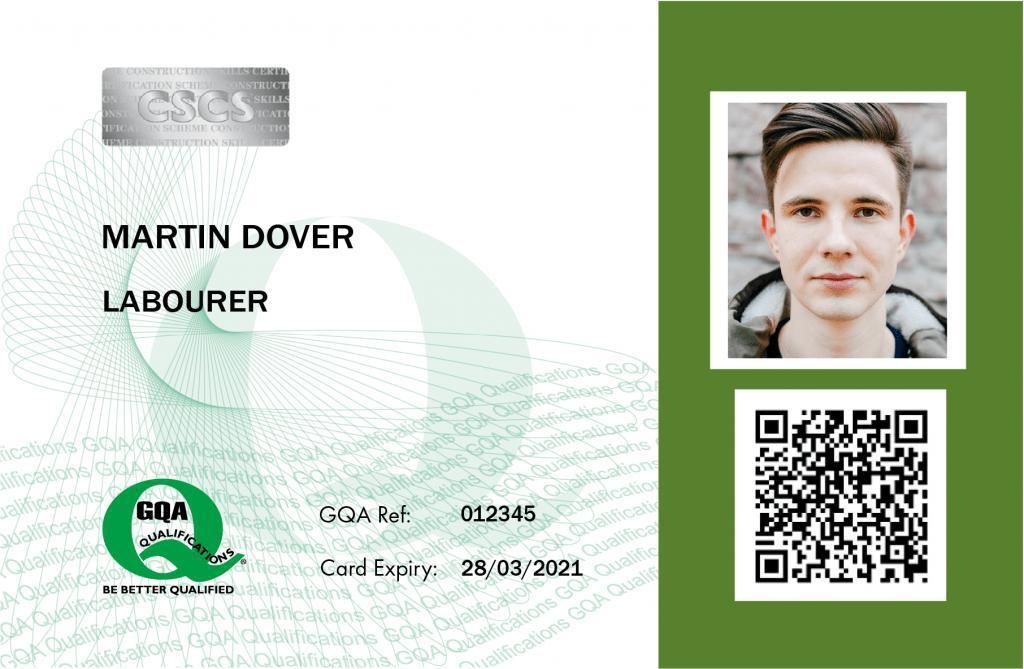
Performance Management and Appraisals
Course ID: 2510060101319ESH
Course Dates : 06/10/25 Course Duration : 5 Studying Day/s Course Location: London, UK
Language: Bilingual
Course Category: Professional and CPD Training Programs
Course Subcategories: Leadership and Management Excellence
Course Certified By: ESHub CPD & LondonUni - Executive Management Training
* Professional Training and CPD Programs
Leading to:
Executive Diploma Certificate
Leading to:
Executive Mini Masters Certificate
Leading to
Executive Masters Certificate
Certification Will Be Issued From :
From London, United Kingdom
Course Fees: £5,120.30
Vat Not Included in the price. VAT may vary depending on the country where the course or workshop is held.
Click to Pay
Date has passed please contact us Sales@e-s-hub.com
Course Information
Introduction
Performance management and appraisals are foundational pillars of organizational success, serving as critical tools for aligning individual contributions with broader business objectives. In an era where talent is recognized as a key competitive advantage, organizations must ensure that their workforce operates at peak efficiency while maintaining high levels of engagement and motivation. Yet, many companies struggle to implement performance management systems that are both fair and effective. This course addresses these challenges by providing participants with the knowledge and skills necessary to design, implement, and manage performance appraisal processes that drive results. By exploring established frameworks such as Locke’s Goal-Setting Theory and Herzberg’s Two-Factor Theory, participants will gain insights into how performance management can be leveraged to foster intrinsic motivation and improve productivity.
A significant gap exists in the practical application of performance management principles, particularly in industries undergoing rapid transformation. For instance, a study conducted by Deloitte revealed that nearly 58% of organizations have outdated performance appraisal systems that fail to address modern workplace dynamics. These systems often lack clarity, transparency, and actionable feedback mechanisms, leading to employee dissatisfaction and disengagement. The course aims to bridge this gap by equipping professionals with contemporary methodologies and tools, such as OKRs (Objectives and Key Results) and 360-degree feedback, which are increasingly being adopted by forward-thinking organizations like Google and Adobe. By integrating real-world case studies, participants will learn how to adapt these practices to their unique organizational contexts.
The importance of mastering performance management extends beyond mere compliance or administrative tasks; it directly impacts organizational culture and bottom-line results. Effective performance management fosters open communication, builds trust between managers and employees, and creates a culture of continuous improvement. Consider the example of Microsoft’s transformation under Satya Nadella, where a shift from rigid annual reviews to ongoing feedback loops played a pivotal role in revitalizing the company’s innovation engine. Participants will explore similar success stories to understand how strategic performance management can transform not only individual careers but also entire organizations.
For individuals, proficiency in performance management offers a distinct professional advantage. HR practitioners, team leaders, and consultants who excel in this domain are better equipped to influence decision-making, resolve conflicts, and drive change initiatives. On an organizational level, robust performance management systems contribute to higher retention rates, improved morale, and enhanced operational efficiency. As industries evolve and competition intensifies, the ability to harness human capital effectively becomes a non-negotiable skill set for leadership roles.
Despite its undeniable importance, performance management remains fraught with misconceptions and pitfalls. Many organizations treat appraisals as a once-a-year formality rather than an ongoing process of development and growth. This course seeks to dispel such myths by emphasizing the need for regular check-ins, personalized development plans, and data-driven evaluations. Through interactive workshops and simulations, participants will practice crafting appraisal conversations that are constructive, empathetic, and outcome-oriented.
Ultimately, this course is designed to empower professionals to become catalysts for positive change within their organizations. Whether you’re navigating the complexities of remote work environments or striving to build inclusive teams, mastering performance management provides you with the tools to unlock potential and achieve sustainable success. With its blend of theoretical rigor and practical relevance, this program promises to deliver transformative value for both individuals and organizations alike.
Objectives
By attending this course, participants will be able to:
Analyze the core components of effective performance management systems and identify areas for improvement within existing frameworks.
Evaluate the impact of different appraisal methods on employee engagement and organizational outcomes using evidence-based approaches.
Design tailored performance review templates that align with organizational goals and cater to diverse workforce needs.
Implement strategies for conducting meaningful feedback sessions that promote behavioral change and professional growth.
Apply advanced techniques such as competency mapping and goal cascading to enhance the precision and fairness of appraisals.
Develop action plans to address common challenges in performance management, including bias mitigation and resistance to change.
Synthesize industry best practices with emerging trends to create a future-ready performance management strategy.
Who Should Attend?
This course is ideal for:
HR managers seeking to refine their performance appraisal processes and enhance organizational effectiveness.
Team leaders and supervisors responsible for managing and evaluating employee performance.
Organizational development consultants tasked with designing performance frameworks for clients.
Business owners looking to establish scalable and equitable performance management systems.
These groups will find the course invaluable because it combines theoretical insights with hands-on tools applicable across various industries. While prior experience in HR or people management is beneficial, the course is structured to accommodate intermediate learners who already possess foundational knowledge of workplace dynamics.
Training Method
• Pre-assessment
• Live group instruction
• Use of real-world examples, case studies and exercises
• Interactive participation and discussion
• Power point presentation, LCD and flip chart
• Group activities and tests
• Each participant receives a 7” Tablet containing a copy of the presentation, slides and handouts
• Post-assessment
Program Support
This program is supported by:
* Interactive discussions
* Role-play
* Case studies and highlight the techniques available to the participants.
Daily Agenda
Daily Schedule (Monday to Friday)
- 09:00 AM – 10:30 AM Technical Session 1
- 10:30 AM – 12:00 PM Technical Session 2
- 12:00 PM – 01:00 PM Technical Session 3
- 01:00 PM – 02:00 PM Lunch Break (If Applicable)
- Participants are expected to engage in guided self-study, reading, or personal reflection on the day’s content. This contributes toward the CPD accreditation and deepens conceptual understanding.
- 02:00 PM – 04:00 PM Self-Study & Reflection
Please Note:
- All training sessions are conducted from Monday to Friday, following the standard working week observed in the United Kingdom and European Union. Saturday and Sunday are official weekends and are not counted as part of the course duration.
- Coffee and refreshments are available on a floating basis throughout the morning. Participants may help themselves at their convenience to ensure an uninterrupted learning experience Provided if applicable and subject to course delivery arrangements.
- Lunch Provided if applicable and subject to course delivery arrangements.
Course Outlines
Foundations of Performance Management
Overview of performance management theories and models.
Understanding the link between performance management and organizational strategy.
Identifying common barriers to effective implementation.
Case study analysis: Lessons from successful organizations.
Day 2:
Designing Performance Appraisal Systems
Types of appraisal methods: Pros and cons.
Developing SMART goals and KPIs for performance measurement.
Integrating technology into performance tracking systems.
Workshop: Drafting a basic appraisal template.
Day 3:
Conducting Effective Feedback Sessions
Principles of constructive feedback delivery.
Techniques for handling difficult appraisal conversations.
Role-playing exercise: Practicing feedback scenarios.
Strategies for fostering a feedback-friendly culture.
Day 4:
Addressing Challenges in Performance Management
Overcoming biases in performance evaluations.
Managing resistance to change among stakeholders.
Supporting underperforming employees through coaching.
Ensuring legal compliance in appraisal processes.
Day 5:
Future Trends and Continuous Improvement
Exploring innovations in performance management (e.g., AI-driven analytics).
Building a culture of continuous learning and development.
Measuring the ROI of performance management initiatives.
Action planning session: Creating a roadmap for implementation.



















































